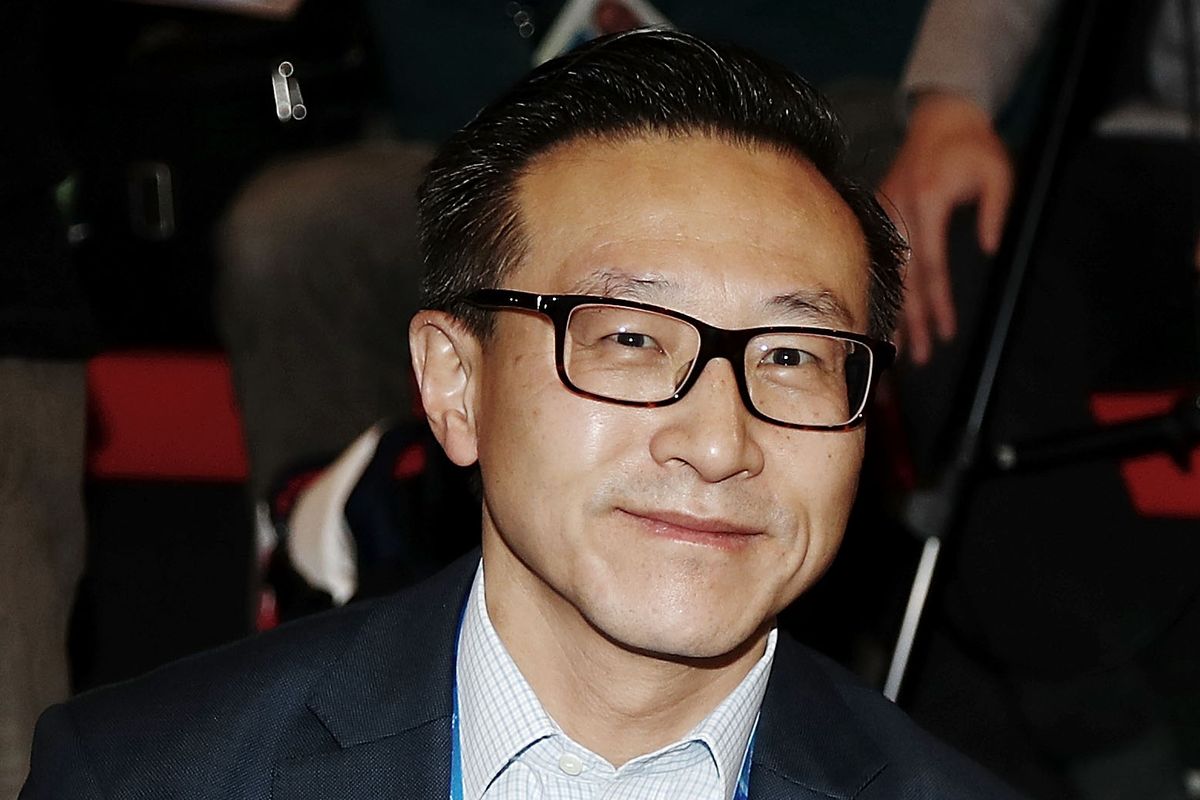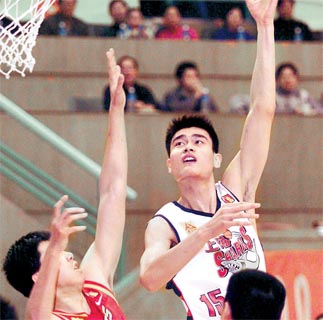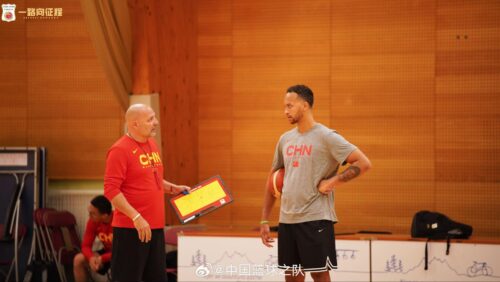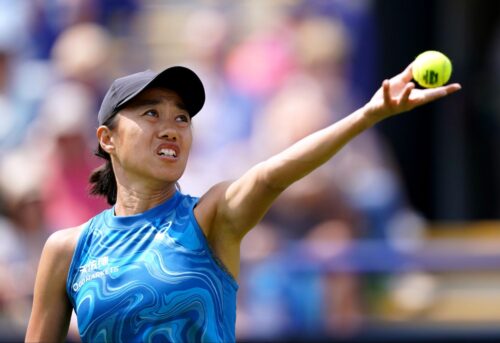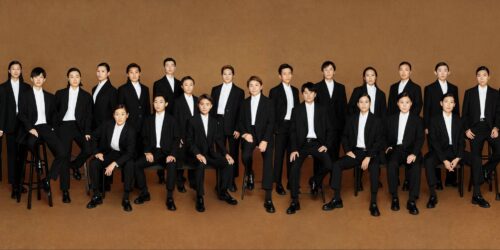Li Na set to enter International Tennis Hall of Fame, while China ousted from AFC Asian Cup

The China Sports Column is a The China Project weekly feature in which China Sports Insider Mark Dreyer looks at the week that was in the China sports world.
Chinese tennis legend Li Na has become the first Asian player to be elected to the International Tennis Hall of Fame, with the official ceremony set to be held in Newport, Rhode Island, on July 20.
Li — or Na, as the Hall rather disappointingly thinks she is surnamed — will be inducted alongside France’s Mary Pierce and Russia’s Yevgeny Kafelnikov. The trio was fittingly announced during this year’s Australian Open, given that each player has won the singles title in Melbourne.
All three won a total of two Grand Slam singles titles during their careers, and although Pierce and Kafelnikov also both won multiple double titles, Li’s impact on the game will certainly go on to become the greatest of this year’s class.
The Hall didn’t immediately reveal the voting percentages for each player, though it had previously announced a global fan vote won by Li meant she would have an extra 3% added to her total. Players need 75% of the voters’ support to gain entry into the Hall. Eight candidates were nominated for entry into the Class of 2019.
This column has previously examined the quest to find Li’s successor, but with four Chinese women ranked inside the Top 65 — and 10 inside the Top 200 — plus youngsters winning the U.S. Open boys’ title in 2017 and the girls’ title in 2018, China’s tennis scene is a lot rosier than when Li first achieved her breakthrough at the 2011 French Open.
China’s Asian Cup dream has ended, though in truth a run past the quarterfinal stage was always more fantasy than dream.
The final exit was particularly brutal, with a clinical 3-0 defeat to Iran exposing all of China’s frailties. Despite an early chance for China, two defensive howlers in the first half hour put the game out of reach, with a third at the end emphasizing just how far China needs to progress to become a powerhouse in Asia, let alone the world.
World-Cup winning coach Marcello Lippi has been criticized for sticking with his veteran players — at an average age of 30, China has the oldest squad in the tournament — but it’s possible he’s had huge pressure to play the veterans, given that executive interference is a problem rife throughout all levels of Chinese football.
But Lippi’s options have been limited: fans calling for the country’s youngsters to get a chance typically argue that they can’t do any worse than the veterans — hardly a ringing endorsement.
And with Lippi announcing long before this tournament started that he would retire once China’s run had ended, there was little incentive for him to gamble on a handful of untested youngsters, who may very well have conceded even more than his aged lineup.
These days, no one is pointing to China’s crop of teenage players with anything approaching hope or excitement.
Three years ago, 19-year-old Zhang Yuning scored twice on his national team debut and was quickly hailed as the savior of Chinese football.
And while he deserves a certain amount of credit for attempting to further his career in Europe — bucking the usual trend by spurning the big bucks on offer in the Chinese Super League — the move has backfired in spectacular fashion: Zhang has played only a handful of games in the Dutch league this season, after failing to break into the first team at Bundesliga outfit Werder Bremen last season.
There’s more analysis here, but what’s immediately clear is that, unlike tennis, the future of Chinese football does not appear bright at all.
Alibaba co-founder and the group’s executive vice chairman, Joe Tsai, has bought the WNBA’s New York Liberty, adding to his U.S.-based sports portfolio that includes a 49% stake in the NBA’s Brooklyn Nets and the San Diego Seals in the National Lacrosse League.
A passionate and knowledge sports fan with keen interest in both sports — he played lacrosse at Yale and was pivotal in bringing the Pac-12 basketball games to China — Tsai will undoubtedly make himself more popular with fans than much-maligned previous owner Jim Dolan, who is known as much for his thin skin as for his ownership of the Madison Square Garden franchise.
That said, both Dolan and Tsai have overseen the release of Asian star Jeremy Lin from their respective NBA teams — not something that would have gone down well with Chinese fans — though Tsai made it clear at the time that, as minority owner, he wasn’t interfering in personnel decisions.
The Liberty, one of the WNBA’s eight original teams, will resume play in May when their 23rd regular season begins, remaining at the Westchester County Center for their home games, though they will host a community, diversity, and inclusion-themed game at Barclays Center, home of the Nets.
The China Sports Column runs every Friday on The China Project. Follow Mark Dreyer @DreyerChina.
